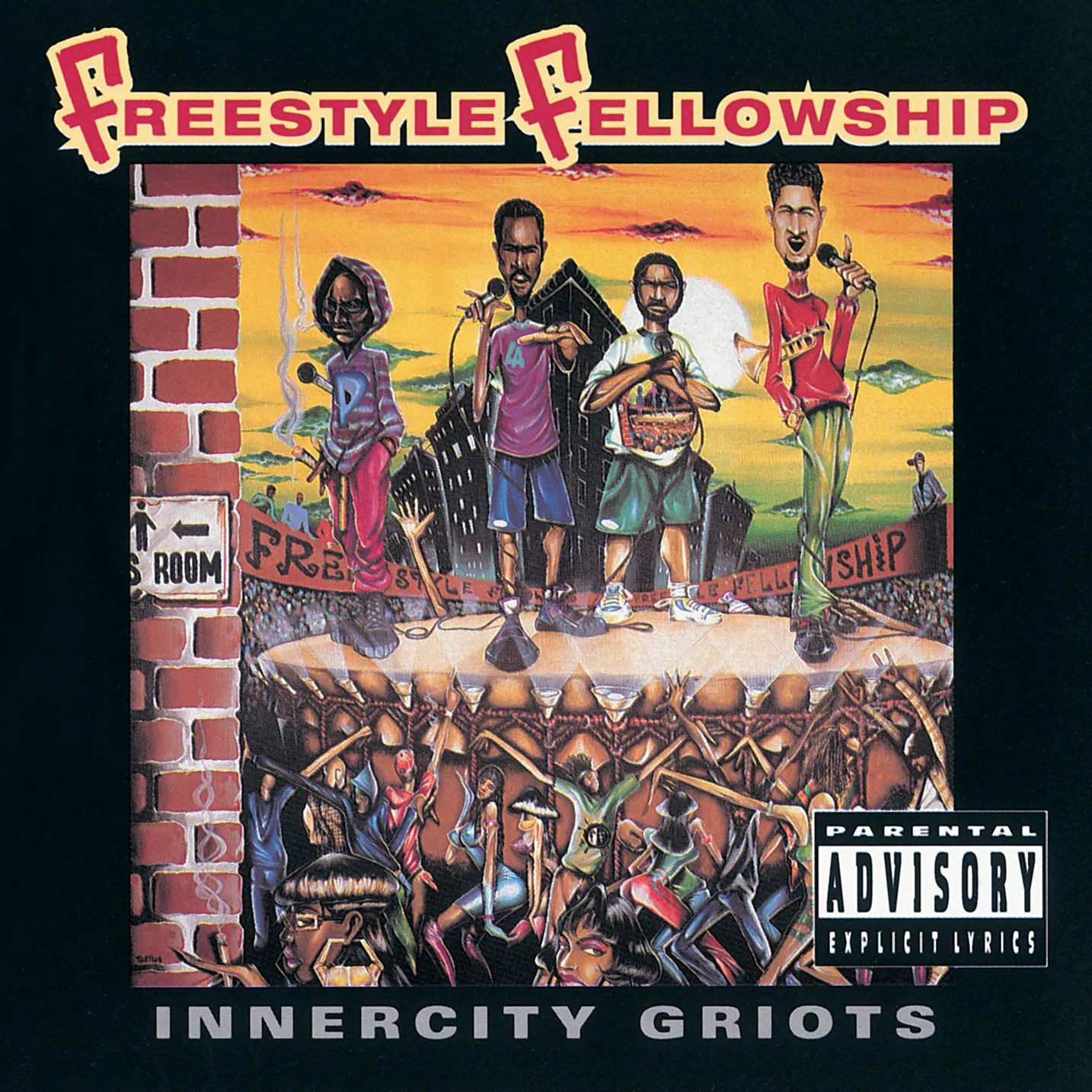
Freestyle Rap
Freestyle Rapping
Freestyle rap, also known as improvisational rap, is a form of hip-hop in which the rapper improvises lyrics on the spot without any pre-written or memorized verses. This spontaneous creation of lyrics is what makes freestyle rap unique and challenging, as it requires quick thinking, creativity, and the ability to flow with the beat. In this article, we’ll explore the history, techniques, and culture of freestyle rap.
History of Freestyle Rap
The origins of freestyle rap can be traced back to the early days of hip-hop in the 1970s. Back then, MCs (Masters of Ceremonies) would often engage in verbal battles, known as “MC battles,” in which they would try to outdo each other with clever rhymes and insults. These battles were usually freestyle, with MCs improvising their verses on the spot.
As hip-hop culture grew and evolved, freestyle rap became a more common and popular element of the genre. In the 1980s, rappers like Rakim and Kool G Rap were known for their impressive freestyle skills, while in the 1990s, artists like Biggie Smalls and Tupac Shakur incorporated freestyle verses into their recorded songs. Specialist groups such as Freestyle Fellowship perfected the techniques.
Today, freestyle rap has become an integral part of hip-hop culture, with numerous freestyle battles and competitions taking place around the world. Some of the most famous freestyle battles include the BET Cypher, the Rap Olympics, and the Scribble Jam.
Techniques of Freestyle Rap
Freestyle rap requires a unique set of skills and techniques that distinguish it from other forms of rap. Here are some of the most important techniques used in freestyle rap:
- Rhyming: Rhyming is a fundamental aspect of freestyle rap, as it helps to create a flow and rhythm in the verses. Good freestyle rappers are able to come up with clever and unexpected rhymes quickly and effortlessly.
- Wordplay: Wordplay involves using words in creative and unexpected ways, often with multiple meanings or puns. Wordplay is a hallmark of good freestyle rap, as it can add humor, depth, and complexity to the verses.
- Metaphors and similes: Metaphors and similes are powerful tools for freestyle rappers, as they can create vivid images in the listener’s mind and make the lyrics more memorable. A good freestyle rapper is able to use metaphors and similes to convey complex ideas and emotions.
- Flow: Flow refers to the rhythm and cadence of the lyrics, as well as the rapper’s ability to stay on beat. Good freestyle rappers are able to flow effortlessly with the beat, switching up their delivery and cadence to keep the verses fresh and interesting.
- Punchlines: Punchlines are clever and often humorous one-liners that are used to end a verse or rhyme sequence. Good freestyle rappers are able to come up with punchlines quickly and effectively, often using wordplay and clever rhymes to create memorable lines.
Culture of Freestyle Rap
Freestyle rap has a rich and vibrant culture that is closely tied to hip-hop and urban music. Here are some of the key elements of the freestyle rap culture:
- Freestyle battles: Freestyle battles are competitions in which two or more rappers compete against each other by improvising verses on the spot. The battles can be friendly or aggressive, with the goal of outdoing the opponent with clever rhymes, punchlines, and wordplay.
- Cyphers: Cyphers are informal gatherings of rappers in which they take turns freestyling over a beat. Cyphers are often held in parks, on street corners, or at parties, and are a way for rappers to showcase their skills and connect with other artists in the community.
- Improvisation: Improvisation is at the heart of freestyle rap, as it requires rappers to think quickly and creatively to come up with lyrics on the spot. This improvisational approach is valued in hip-hop culture, as it emphasizes the importance of authenticity and spontaneity in the music.
- Collaboration: Collaboration is another important aspect of freestyle rap culture, as rappers often work together to create new verses and build on each other’s ideas. Collaboration can take many forms, from cyphers and freestyle battles to group projects and collaborative albums.
- Respect: Respect is a key value in freestyle rap culture, as rappers are expected to show respect for their fellow artists and the history and traditions of hip-hop. This includes paying homage to the pioneers of the genre, as well as acknowledging and respecting the diversity of voices and styles within the hip-hop community.
Tips for Improving Your Freestyle Rap Skills
If you’re interested in improving your freestyle rap skills, here are some tips to get you started:
- Practice, practice, practice: Like any skill, freestyle rap takes practice and dedication to master. Set aside time each day to practice your rhyming, flow, and wordplay, and don’t be afraid to experiment with new techniques and styles.
- Listen to other rappers: Listening to other freestyle rappers can help you develop your own style and improve your skills. Pay attention to their rhyming, wordplay, flow, and delivery, and try to incorporate some of their techniques into your own freestyle raps.
- Focus on the beat: Freestyle rap is all about flowing with the beat, so it’s important to listen closely to the rhythm and tempo of the music. Practice rapping over different types of beats, and experiment with different rhythms and cadences to find what works best for you.
- Build your vocabulary: A large vocabulary is essential for freestyle rapping, as it gives you more words and ideas to draw from when improvising your verses. Read books, watch movies, and listen to music to expand your vocabulary and develop a deeper understanding of language.
- Stay confident: Freestyle rap can be intimidating, especially if you’re new to the art form. But remember that it’s all about having fun and expressing yourself creatively. Stay confident in your skills and don’t be afraid to take risks and try new things.
How to Freestyle Like Kendrick Lamar
Conclusion
Freestyle rap is a unique and challenging form of hip-hop that requires quick thinking, creativity, and a deep understanding of language and rhythm. Whether you’re an aspiring rapper or just a fan of the genre, learning the techniques and culture of freestyle rap can help you appreciate the art form on a deeper level and connect with the vibrant and diverse hip-hop community. So grab a beat, start rhyming, and let your creativity flow!













